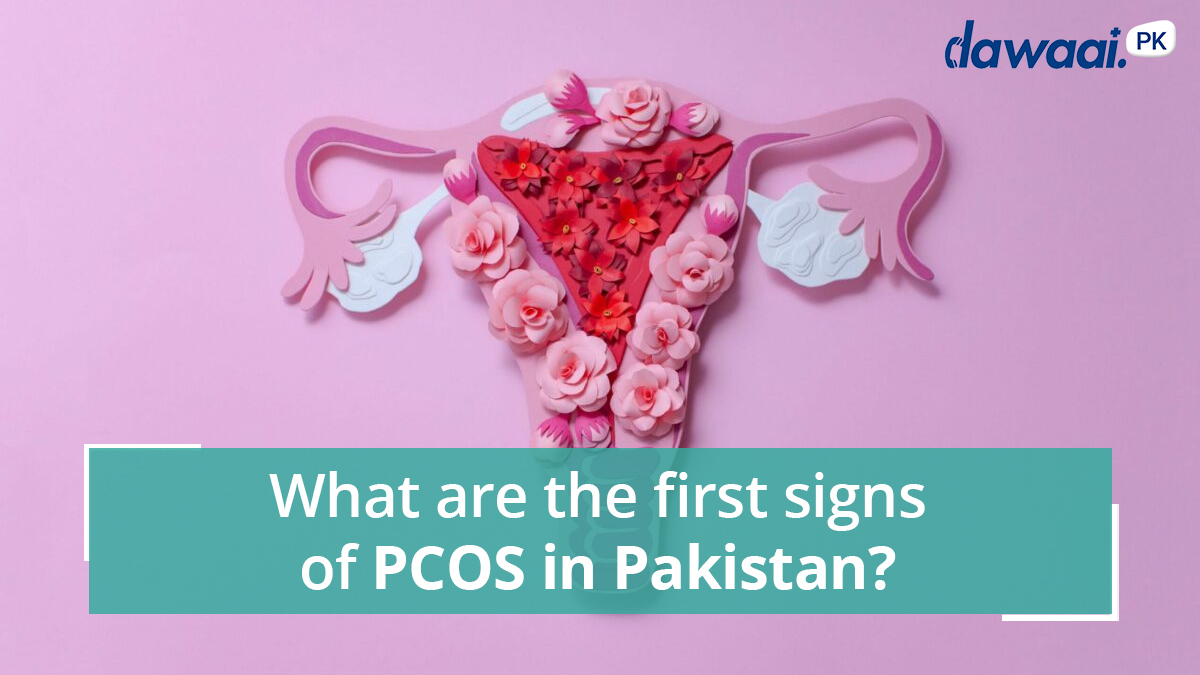Medically reviewed by Dr. Muhammad Ashraf Shera.
If you and your partner are having difficulty conceiving, you are not alone. About 22% of couples in Pakistan are unable to conceive, with primary infertility accounting for 4% of all cases. Infertility is described as a couple’s inability to conceive after at least a year of regular, unprotected intercourse. Infertility is an extremely personal subject. If you’re having difficulty conceiving, you might feel embarrassed or guilty. Since there is no rational explanation for these emotions, people are conditioned to keep their problems to themselves. Since cultural norms equate infertility with personal, mental, and social failure, women experience psychological distress. If we were encouraged to share our struggles with others, the suffering may alleviate.
Many people are unaware of what infertility really is
While the majority of people have heard of infertility, how many really understand what it is? Although they recognize that this refers to someone who is having trouble conceiving and bearing a child, infertility is not a blanket term for any difficulty conceiving. A diagnosis of infertility is made dependent on a variety of factors.
The American Society for Reproductive Medicine defines infertility as a disorder or condition of the male or female reproductive tract that interferes with the reproduction or the ability to carry a pregnancy to delivery.
Infertility is not only a women’s problem
It is not exclusively a female problem. Men may also be infertile. In fact, men and women alike are susceptible to infertility problems. Female infertility accounts for approximately one-third of infertility cases, while male infertility accounts for another third, according to the Office on Women’s Health. The remaining third of cases may be the consequence of a combination of female and male infertility, or they may be the result of an unexplained cause. This is a recurring theme. Many people believe that when a couple struggles with fertility, the woman is the one who is infertile. This heaps blame and guilt on women who are already coping with an exhausting physical and emotional condition. According to the CDC, about 35% of infertile couples have a malefactor in addition to a female factor.
Common causes of infertility (Mayo Clinic, 2019)
Anyone Could Encounter Difficulties When Trying to Start a Family
Infertility makes no distinctions. Fertility problems can affect people of all ethnic origins, religious beliefs, and socioeconomic status. Infertility awareness campaigns bring this fact to the public’s attention, enabling them to realize that they or someone close to them might be experiencing this issue. Personalization is an effective method of persuading people to help causes and accept other people’s issues.
Infertility is associated with a number of complications. It can have an impact on both your interpersonal relationships and your emotional well-being. Infertility treatments can be costly and put a strain on your finances. The more people who are educated about infertility, the better. There should be no stigma or embarrassment associated with infertility struggles. Knowledge of infertility is key to normalizing discourse around fertility issues. That is the first step toward stigma erasure. Increased sensitivity would also result in a rise in empathy and compassion towards those who are coping with such a personal issue. Everyone benefits from having candid and sensitive conversations.
References
Ahmed, H.M. et al., 2020. Awareness regarding causes of Infertility Among Out-patients at a tertiary care hospital in Karachi, Pakistan. Available at: https://www.ncbi.nlm.nih.gov/pmc/articles/PMC7233490/
Anon, 2021. – National Infertility Awareness Week. National Infertility Awareness Week. Available at: https://infertilityawareness.org/
ASRM, 2021. Infertility. ASRM. Available at: https://www.asrm.org/topics/topics-index/infertility/
CDC, 2021. Infertility. Centers for Disease Control and Prevention. Available at: https://www.cdc.gov/reproductivehealth/Infertility/
Harper, J. et al., 2017. The need to improve fertility awareness. Reproductive Biomedicine & Society Online. Available at: https://www.sciencedirect.com/science/article/pii/S2405661817300096
Mayo Clinic, 2019. Infertility. Mayo Clinic. Available at: https://www.mayoclinic.org/diseases-conditions/infertility/symptoms-causes/syc-20354317
WomensHealth, 2019. Infertility. womenshealth.gov. Available at: https://www.womenshealth.gov/a-z-topics/infertility




